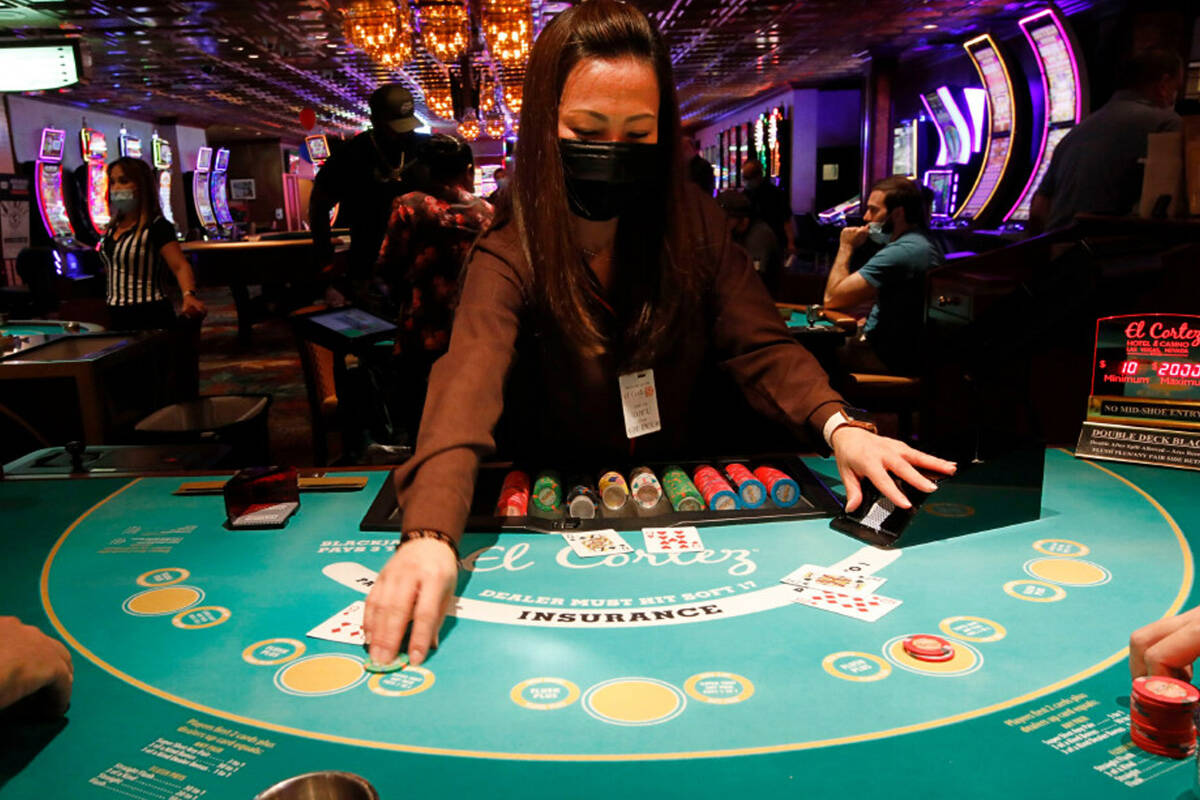Exploring Tabletop Games: Beyond Randomness

When we think of casino games, the initial pictures that often come to mind are those of rotating roulette wheels, card chips clinking on felt tables, and dice rolling across a betting surface. While numerous consider these games as mere pastimes fueled by chance, a deeper exploration reveals a fascinating blend of tactics, expertise, and community engagement that elevates them well beyond simple luck. Regardless of whether you are a seasoned player or a curious newcomer, understanding the subtleties of these games can greatly enhance your experience and appreciation.
Casino activities have evolved over centuries, with various cultures contributing to their rich backgrounds and different forms. From the intricate tactics of 21 to the bluffing methods in poker, players engage in a battle of wits as much as a risk on numbers. This exciting interplay between chance and expertise creates a exciting atmosphere that draws countless people to gambling establishments worldwide. As we delve into the realm of table games, we will uncover the strategies that can shift the odds in your favor and the community aspects that make these games a popular choice for leisure and interaction.
The Approach Behind Casino Games
Table games often involve a mix of ability and chance, making them fascinating for players who enjoy a test. Every title has its unique set of rules and tactics that can affect the results. For example, in games like 21, participants are required to use strategies like counting cards and grasping the probabilities to make smart decisions. This skill set can significantly improve their winning potential, distinguishing experienced participants from beginners who may rely solely on luck.
In contrast, titles such as roulette may seem to be entirely based on chance, but tactical thinking can also play into the equation. Participants can choose between various betting tactics, such as the Martingale strategy, where they increase their bets after losses. This method can establish a more controlled approach to the activity. Grasping the probabilities of specific bets can also help participants make better decisions on the table, demonstrating that even in games of chance, strategy can enhance the enjoyment.
Furthermore, the game of poker is notable as a title that strongly focuses on tactics. In contrast to most casino games, the game of poker combines ability, psychology, and luck. sa88 Participants must not only focus on the hands they are dealt but also consider their rivals’ behavior and wagering patterns. Mastering principles like table position, the odds of the pot, and reading bluffing is crucial for success. This complexity of tactics in poker often leads to a more immersive experience for participants, as their choices and abilities greatly impact the game’s results.
Comprehending Chance and Odds
In the domain of gambling matches, likelihood and odds have a crucial role in deciding a player’s possible consequences. Every match has its own set of principles that define how the chance of winning or failing is measured. For case, in matches like blackjack, players have a chance to modify their ratios through planning, whereas in games like roulette, the outcomes are exclusively governed by chance. Comprehending how these chances are measured can significantly affect how a gambler tackles the game.
Ratios are typically presented in two forms: ratio and numeric. Fractional ratios show the proportion of the sum gained to the amount bet, whereas decimal odds show the total return for a successful wager, including the initial bet. For instance, if a match has ratios of 5 to 1, this means that for every one dollar bet, a player could win five dollars if successful. Understanding how to read these ratios enables gamblers to assess their potential winnings and formulate more educated decisions during gameplay.
Gamblers should also be aware of the casino advantage, which is the casino’s inherent advantage over the players. Each game has a different advantage, and understanding this concept is crucial for managing one’s expectations and budget. Activities with a reduced house edge, such as blackjack and baccarat, typically offer superior ratios for gamblers compared to games like slots and keno. By recognizing the connection between probability, ratios, and the casino advantage, gamblers can enhance their gambling engagement and plan more efficiently.
The Social Aspect of Table Gaming
Casino games at gaming establishments are often seen as a hub of community engagement, drawing players together in a collective experience that extends far beyond the mere act of playing games. The atmosphere at a blackjack table can be vibrant, with gamblers engaging not only with the game itself but also with each other. Joy, excitement, and, occasionally, playful teasing create connections that improve the overall enjoyment of the gaming experience. This communal aspect can turn a solitary endeavor into a dynamic social event, making table games particularly appealing.
One of the intriguing elements of gaming at tables is the way it fosters friendship among participants. Whether it’s collaborating to beat the dealer at a dice table or exchanging tales between hands in a poker game, the environment encourages interaction. Participants often share advice or strategies, creating a sense of togetherness that boosts the fun. This social dynamic can make new players feel included and less daunted by the competitive nature of casino games. As the game progresses, friendships may form, leading to a sense of connection that keeps participants returning to the table.
Moreover, the social aspect of table gaming extends outside just the players. Dealers play a vital role in encouraging interaction and maintaining the flow of the game. Their ability to engage gamblers with warm dialogue and their expertise in running the table can create an welcoming atmosphere. This relationship between players and dealers adds another layer of enjoyment, where players feel bonded not only to each other but also to the staff. Such interactions are often what make the experience memorable, as players leave with tales to tell and relationships made, reinforcing the notion that table games are truly about more than just chance.
